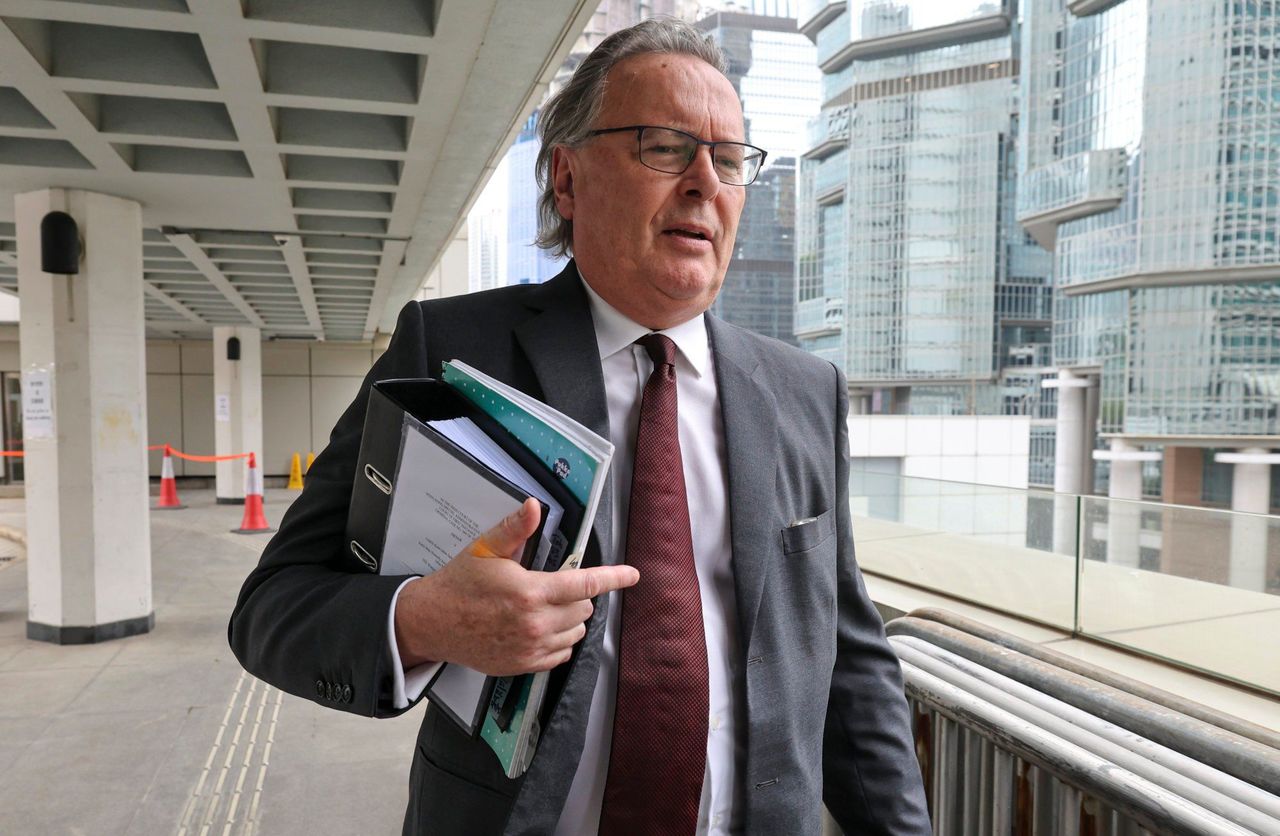Hong Kong News

Lawyers for Hong Kong’s Jimmy Lai say tycoon denied fair trial, subject to persecution
Jailed publishing tycoon Jimmy Lai Chee-ying has been subjected to persecution by the Hong Kong government and denied a fair trial, his lawyers argued as they asked a court to drop a national security case against him.
Lai’s legal team on Tuesday told the High Court that the 75-year-old could not be seen to have a fair trial in front of three judges selected by Chief Executive John Lee Ka-chiu, who branded the outspoken Beijing critic a criminal and a threat to the country’s safety while he was the security minister in 2021.
Senior Counsel Robert Pang Yiu-hung, leading a team of five other barristers, submitted that a fair-minded and informed observer would find an apparent bias towards Lai’s conviction given the secrecy of how Lee appointed judges to hear cases stemming from the Beijing-decreed national security law.
But the judges dismissed suggestions that they were biased, saying they were professional arbiters who would not be affected by others in their judgments.
Pang also slammed the government for what he saw as a concerted effort to prevent Lai from being represented by British King’s Counsel Timothy Owen, the lawyer of his choice.
“The executive [branch] has no doubt pulled out all stops to prevent Mr Owen from representing Mr Lai,” Pang said. “The executive adopted an attitude that could be fairly described as persecution.”
Lai, who has spent all but eight days behind bars since December 3, 2020, had earlier applied for a permanent stay of proceedings ahead of his trial without a jury in September.
Pang told Tuesday’s hearing that the lack of transparency over the designation of judges by Lee, coupled with his previous remarks on the case, had seriously affected the public’s perception of the court’s independence and impartiality.
 Lai’s lawyers have slammed the government for what they called a
concerted effort to the media tycoon from being represented by British
King’s Counsel Timothy Owen (pictured).
Lai’s lawyers have slammed the government for what they called a
concerted effort to the media tycoon from being represented by British
King’s Counsel Timothy Owen (pictured).
The barrister further accused the authorities of acting in bad faith in the present proceedings and that their purported concerns for national security over Owen’s representation of Lai could not have been genuine.
Owen’s participation was at first approved by the High Court’s chief judge, the Court of Appeal and the Court of Final Appeal, but a subsequent interpretation of the national security law by Beijing meant that he must have the go-ahead from the government before he could take up the case.
The bench was unconvinced by the defence’s contentions, however, with two judges questioning the evidential basis for such allegations.
Madam Justice Esther Toh Lye-ping stressed that the opinions of the public and the government would not affect the court’s judgment.
“We, as professional judges, would in our assessment ignore anything that may have been said by members of the public or the executive, as you say, when deciding cases,” she told the senior counsel.
Mr Justice Alex Lee Wan-tang highlighted the lack of evidence that the trio of arbiters presiding over Lai’s trial were hand-picked by Lee without consulting the chief justice as required by law.
Lee said that he was the judge who granted bail to the tycoon in late 2020 before the decision was overturned by the city’s top court eight days later.
The judge also pointed out that the initial endorsement of Owen’s involvement in the case by three levels of courts “spoke volumes” about the lack of an apparent bias.
The court, also presided over by Madam Justice Susana D’Almada Remedios, has reserved judgment on the application until the end of the month.
The founder of the opposition-friendly Apple Daily newspaper is facing charges of sedition and conspiracy to collude with foreign forces for allegedly attracting international sanctions against Hong Kong and central authorities and inciting public hatred after the city’s anti-government protests in 2019.
Six former senior executives of the now-closed publication have already indicated their intentions to admit a joint collusion charge.
In May 2021, then security minister Lee confirmed media reports that he had warned two banks against any dealings with Lai’s frozen accounts, which he maintained had no relation to “normal commercial activities”.
A month later, in response to the Apple Daily executives’ arrests, Lee alleged that the newspaper had undermined national security under the guise of journalism and that the money it earned belonged to a “criminal syndicate”.
Apart from seeking the trial’s termination, Lai has launched two separate legal bids in the hope of securing Owen’s services notwithstanding Beijing’s interpretation. The High Court’s Chief Judge Jeremy Poon Shiu-chor is expected to hand down his ruling in a month’s time after he heard submissions last week.











